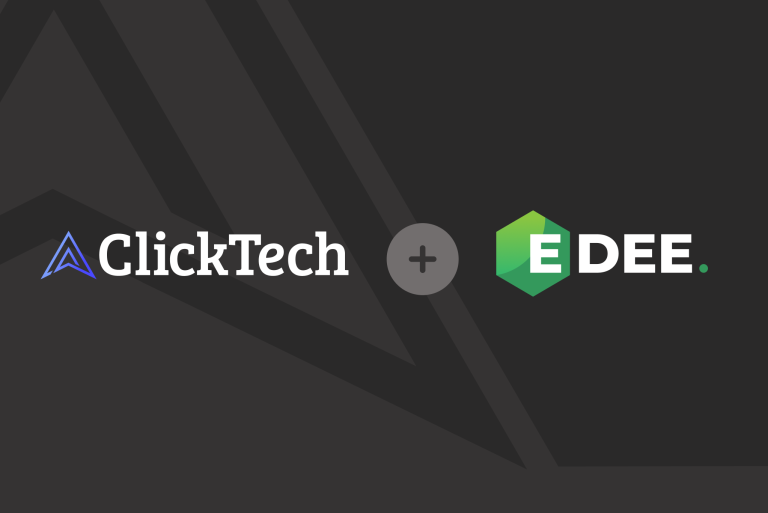TL;DR
- Google quietly rolls out combined audience targeting for search campaigns.
- Microsoft Advertising Editor has been redesigned.
- Bing improves image search with better understanding of user queries.
- Google Ads to limit targeting for political ads.
- Google’s Duplex enables the Assistant to buy movie tickets for you.
Google quietly rolls out combined audience targeting for search campaigns
What: Though Google hasn’t made a formal announcement, advertisers have noticed combined audience targeting for search campaigns in their Google Ads accounts. Digital marketing consultant Steven Johns made an alert about it on Twitter, stating that it’s a “game-changer” and asking if anyone knows what the changes mean for search.
Why: As we mentioned last week, Google doesn’t always announce updates unless it’s expected they’ll heavily impact campaigns. It seems this new feature will only bring about positive results for advertisers and help them to target the right customers at the right time, which is presumably the reason we didn’t know beforehand.
The result: Advertisers will be able to make their search campaigns more targeted than ever before by combining various audience attributes to create personas that represent segments of their target audiences. They will also be able to intersect the affinity audience with in-market audience and combine any audience criteria with audiences based on life events and remarketing lists, etc.
Microsoft Advertising Editor has been redesigned
What: Microsoft announced on November 18th that the Microsoft Advertising Editor has been redesigned to create a more seamless and intuitive experience. The blog post, written by Microsoft’s Sr. Program Manager Subha Hari, stated: “Aligning with the principles of Microsoft fluent, you’ll find that our visual refresh is simple, clean, and modern, while matching up with other Microsoft products.”
Why: The redesign was based on customer feedback and ideas and the overall goal to make Microsoft Advertising Editor as effective as it possibly can be. It should help advertisers solve challenges in “a quicker, easier and more powerful way” by allowing them to focus on the most important elements of their campaigns.
The result: Advertisers are recommended to implement 5 key changes in their accounts such as fixing campaigns that are limited by budget, setting estimated mainline bids, adding new keywords, fixing ad groups that don’t have any ads and fixing ad groups that don’t have any keywords. They’ll also notice the updated menu, highlights and notifications that will help to boost the effectiveness of their campaigns.
Bing improves image search with better understanding of user queries
What: On November 18th, Bing published a blog post about multi-granularity matching for Bing Image Search explaining how the upcoming changes (vector match, attribute match and best representative query match) will improve understanding between user queries, images and webpages.
Why: According to the post, the new features will them address search query problems and move them away from a simple query term matching system towards a deeper semantic understanding of queries. The new features, including attention mechanism to embed the image and webpage, will ultimately evolve them towards “a more intelligent and more precise search engine.”
The result: Searchers will be able to find what they are looking for much easier than before with less margin for irrelevant search results. In turn, it’s likely advertisers will receive more profitable clicks through to their site and gain more sales from customers who are further along the buying cycle.
Google Ads to limit targeting for political ads
What: On 20th November, Google revealed it will soon enforce new limitations on how advertisers can use Google Ads in regards to political advertising. They stated there is potentially more they can do to promote increased visibility of political ads, and that limiting election ads audience targeting will help.
Why: The blog post written by Google’s Scott Spencer – VP, Product Management, Google Ads – stated: “We want to improve voters’ confidence in the political ads they may see on our ad platforms. So we’re making a few changes to how we handle political ads on our platforms globally.”
The result: Any content that is considered misleading in regards to election results, census participation or political candidate eligibility that contradicts official government records will be disapproved. Google will also expand the coverage of its election advertising transparency from 3rd December and will continue looking at ways to introduce additional transparency to the ads they serve.
Google’s Duplex enables the Assistant to buy movie tickets for you
What: Google has expanded its ‘Duplex’ to be able to buy movie tickets, browse theatres and if available, select preferred seats. Plans to expand the Duplex to complete web-based tasks were first announced in May with details coming later this year, but since testing it in late September, the new feature is now live.
Why: Google has been testing AI-powered software to automate tasks and make life easier for its users ever since rolling out restaurant reservations via the Duplex in March. Being able to interact with a simple interface presented by Assistant while Google navigates the web and makes intelligent selections will save users time and ultimately make search more transactional.
The result: Android users in the U.K. or U.S. can ask the assistant for movie showtimes or search movies in the Google app, promoting the assistant to begin the entire “buy tickets” process. A payment card needs to be saved in Google Chrome for it to be successful, and as it rolls out, Google will look out for customer feedback and continue to improve the Assistant.
Other hot topics of the week include:
- Google Ads rolls out ad groups for app campaigns, allowing account managers to upload up to five 30-character headlines and five 90-character descriptions and carry out A/B testing.
- Facebook expands its brand safety controls for advertisers to give advertisers more control over how their brand appears on the network.
- Google tests car rental comparison ad unit in search results where users can enter the type of rental they’re looking for and their preferred dates without navigating to a different tab.
- Google admits major underreporting of election ad spend in their weekly transparency report which shows that Labour spent just £50 on adverts towards the end of October.



